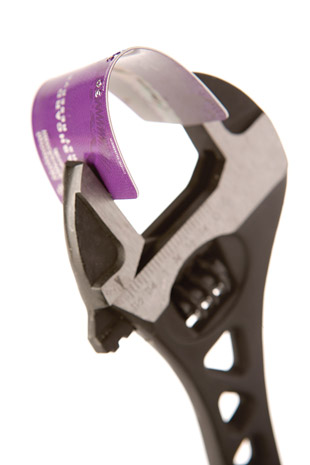In the construction industry, managing cash flow can feel like a juggling act. For any given project, there needs to be adequate funds to make payroll, maintain equipment and purchase materials. Unfortunately, though cash is spent consistently, it tends to come in sporadically. This means most construction business owners need to keep a constant eye on cash flow to ensure they don’t run out of funds.
 The juggling act becomes particularly complex when collection times for receivables get stretched to 60 days or more. The recession has exacerbated this problem, as many construction businesses have had to deal with slow-paying customers while suppliers are demanding payments sooner. This divide between outgoing and incoming cash makes it necessary for companies to have significant cash reserves in order to complete projects on time and take on new work.
The juggling act becomes particularly complex when collection times for receivables get stretched to 60 days or more. The recession has exacerbated this problem, as many construction businesses have had to deal with slow-paying customers while suppliers are demanding payments sooner. This divide between outgoing and incoming cash makes it necessary for companies to have significant cash reserves in order to complete projects on time and take on new work.
Traditional Financing
Prior to the recent recession, credit was easy, and it was possible to obtain a line of credit without having to personally guarantee the liability. Today, credit of almost any type for a business will require some form of personal guarantee by the owners. Banks are also piling on extensive requirements for businesses to prove their creditworthiness, including restrictive covenants, audits and long-term contracts. And banks aren’t alone in this practice. Loans from the Small Business Association require a personal guarantee by every person with a 20-percent or larger equity stake in the business. And many credit card companies are calling for personal guarantees on business credit cards.
While it might seem a small concession for an owner who has already put a considerable amount of his or her own money into the business, personal guarantees should be avoided. If you sign a personal guarantee and your business hits rough times, not only is the company on the line, but your personal assets are as well. You risk losing your house, your car and your savings.
Online Receivables Marketplace
In the changing economy, business owners may wish to examine financing alternatives that carry fewer restrictions. One such alternative is an online receivables marketplace, where a business can sell its invoices in a real-time online auction. This model encourages competitive pricing—98 to 99 cents on the dollar, on average—and payment is received in as little as one day.
Using receivables in commercial finance transactions is not a new idea; they are widely used as a collateral component in business lines of credit, asset-based lending solutions and factoring deals. What’s different about an online receivables marketplace is the way in which the transactions are structured.
Utilizing a real-time auction model, similar to that of eBay, businesses sell their receivables to a global network of institutional buyers, including commercial banks, hedge funds and other financial institutions. In addition to the auction model, which provides speed and market-based pricing, using an online receivables marketplace produces better terms than would be found with factoring or other traditional financing options. Sellers maintain control of their financing by choosing which invoices to sell and setting the minimum advance and maximum fee amounts. Plus, business owners can use the marketplace whenever they need an infusion of capital, as they are not bound by long-term contracts or monthly minimums.
Another advantage of the receivables marketplace approach is that no personal guarantee is required. Business owners are not judged by their short track record or lack of tangible collateral. Instead, they are able to leverage the credit quality of their customers to increase their short-term working capital.
Now more than ever, it’s helpful to look beyond traditional financing and consider innovative alternatives to free up much-needed cash to get a project started, complete an existing project or simply pay day-to-day expenses. Using an online receivables marketplace to sell your invoices can be a flexible and affordable financial solution to access working capital, whatever the economic conditions.
